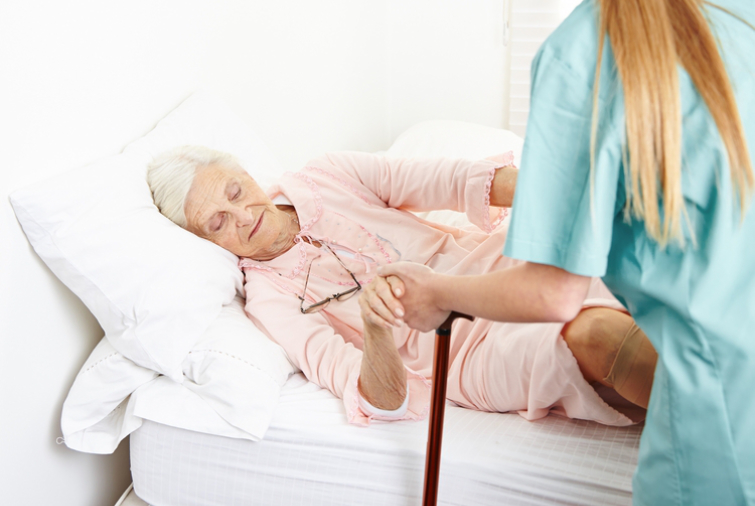
Individuals who experience frailty, old age, illness, or paralysis may be affected by bedsores. Bedsores occur when one part of the body has unrelieved pressure. They may develop after spending a long time in a single position. Any body part can be affected by bedsores; however, the bony areas surrounding the knees, ankles, heels, and elbows are more vulnerable.
Bedsores, known also as pressure ulcers or pressure sores, can result in major infections, some of which may be life-threatening. As stated in MedlinePlus, pressure sores are categorized according to the severity of symptoms. Stage I is the mildest while Stage IV is the most dreadful.
Stage I: A reddened, sore area on the skin that does not turn white when touched. This signals that a pressure sore is developing. The skin may be firm or soft or warm or cool.
Stage II: The skin blisters or grows an open sore. The area surrounding the sore may be irritated and red.
Stage III: The skin now forms an open, sunken hole known as a crater. There is damaged tissue under the skin. You might be able to notice body fat in the crater.
Stage IV: The bedsore has turned so deep that it harms the bone and muscle. There may also be damage to tendons and joints.
Early detection of these sores allows for treatment and reduced complications. If properly cared for, Stage I and II sores will heal. However, Stage III and IV sores are difficult to treat and may take a while to heal.
As experts of home care in Fairfax, Virginia and surrounding areas in northern Virginia, we would like to stress that bedsores can be difficult to avoid—even with exceptional care—particularly among vulnerable individuals. However, the following can help prevent them:
- Move patients in bed every two hours while those who are wheelchair-bound must be moved at least every 15 minutes.
- Conduct daily skin inspections.
- Ensure that the skin stays dry and healthy.
- Practice good eating habits to improve overall health and promote wound healing.
- Encourage exercise, even if in bed, because this helps enhance circulation. If you need help, a home health aide can assist here.
We hope this helps your loved ones avoid bedsores; but, if they already do have these sores, inform your home care provider so that the appropriate treatment may be provided.
At Mint Home Care, we aim to help your loved ones live as comfortably and independently at home as possible. This includes assisting them with their bedsores as well as providing companion care in McLean, Alexandria, and Arlington, Virginia.
For more information about bedsores and other home care-related topics, please follow this blog.

Recent Comments